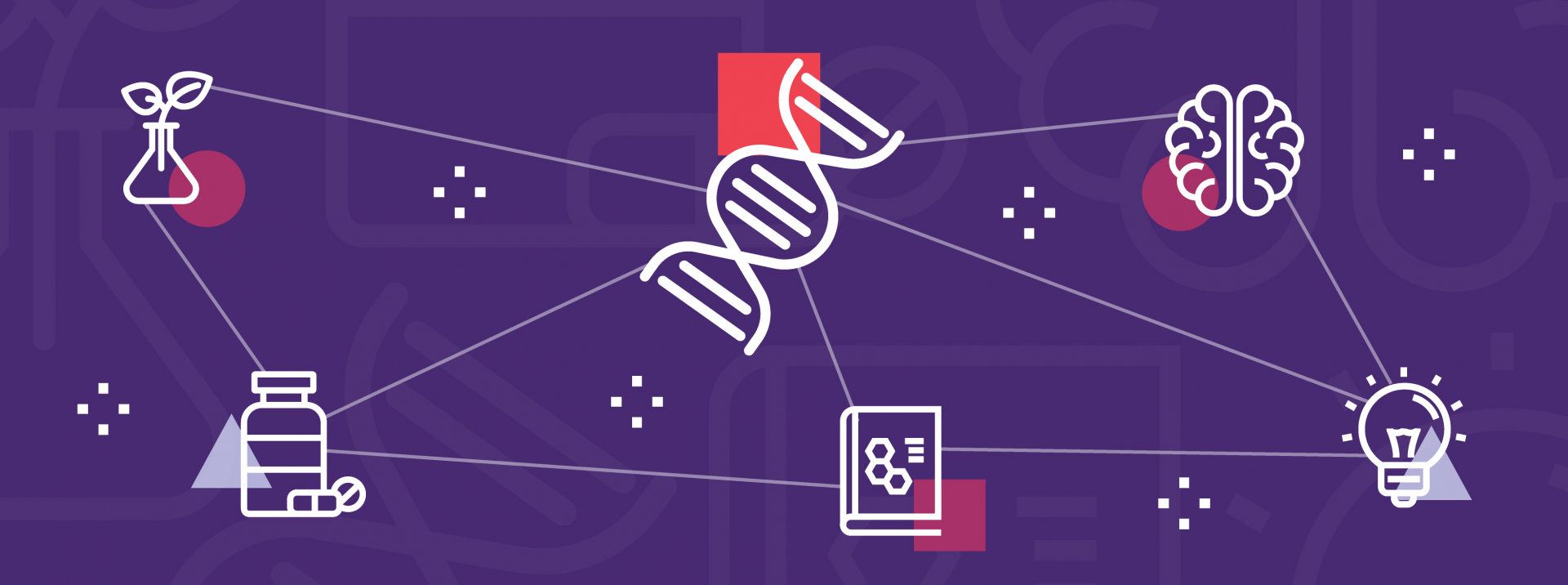Podcast: Why Genome Engineering Is Important for Amyris R&D
In a new podcast, Mendelspod host Theral Timpson interviewed Kirsten Benjamin, the vice president of R&D at Amyris. We’re big fans of the synthetic biology pioneer and were eager to tune in.
If you’re not familiar with the company, it made a name for itself with the development of synthetic alternatives to artemisinin, an important ingredient in anti-malarial treatments, and biofuels. Today, Amyris is focused on developing clean ingredients for consumer products — contributing synthetic and sustainable alternatives for flavors, fragrances, and other components. It has already commercialized 13 products that are used in more than 20,000 consumer goods.
One product, squalene, is used in skincare lotions and was originally sourced from shark livers. It is now being made by Amyris in a more environmentally friendly and cost-effective manner with sugarcane fermentation and engineered microbes.
We thought the whole podcast was fascinating. But if you don’t have time to listen, we captured some highlights of the conversation.
A major theme of the discussion was the importance of using more than one technique for engineering microbes to produce new ingredients. In the past, scientists tended to focus on modeling and other rational approaches to engineering microbial strains. Then they discovered that they can greatly accelerate progress by complementing rational approaches with random approaches. “It’s critical in optimizing these microbial strains that we pursue a variety of different approaches, and we tend to think of these as falling into two categories — or really two extremes of the spectrum — rational and random,” Benjamin said.
Her team has been using whole-cell mutagenesis, which has been an important method for classical strain improvement. “When we did whole-genome sequencing of those mutant strains that were greatly improved over their parent [and] we looked at the list of genes that were mutated and made guesses about which ones were responsible for the improved behavior of the strain, we were almost always wrong,” Benjamin said. “We were discovering new biology that was completely unexpected and unpredictable.” That prompted Amyris scientists to try a different approach.
Now, the company aims to use a hybrid between rational and random approaches for improved forward engineering of microbial strains. For example, they’re working to inactivate every gene in a microbial genome and evaluate the effect on the organism’s performance for a desired trait.
In the past, this kind of approach was very time-consuming. That’s why Amyris has adopted Inscripta’s automated Onyx™ platform for genome engineering. With this system, Benjamin’s team has significantly accelerated its design-build-test-learn development cycle. “What we expect it will do for us — and what it has already started doing for us — is accelerate the time to market,” she said.
“Inscripta’s Onyx platform is a great example of [finding] a new technology that nicely complemented what we already had in-house,” she added. “It will greatly reduce the cost and the time needed to go from idea to new product.”

